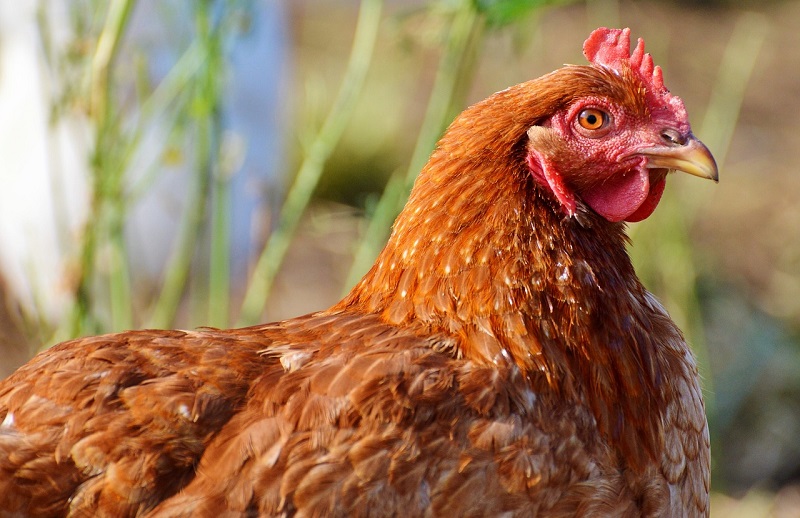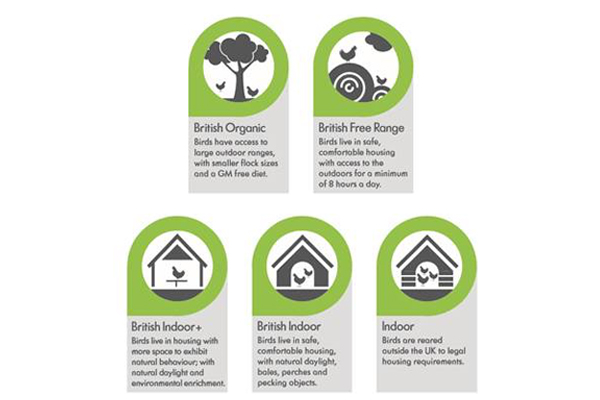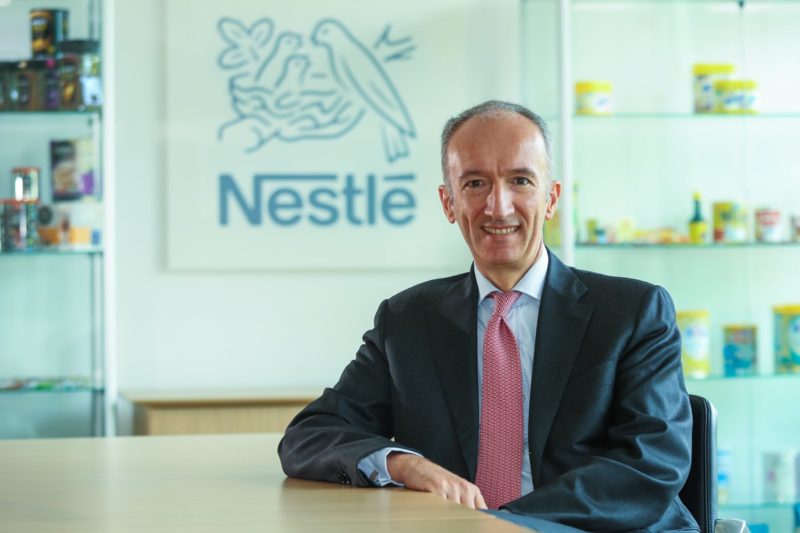
Food & Drink Manufacturers News Roundup, June 2019
June 13, 2019
Today more than ever before, innovation is required within the food and drink industries.
Concern around global warming, crop yields and population growth in emerging markets has meant that the food and drink industries have had to adopt a more nimble, forward-thinking position. Coupled with changing tastes, the food and drink sectors have become exceptionally dynamic in 2019.
It presents a challenge for British industry, but also immense opportunity. Presently, the UK food and drink manufacturing industries generate over £100bn in income for the economy every single year. In turn, this supports over 400,000 jobs across England whilst spreading British values of quality and affordability across the globe. With the right guidance, those figures could explode in the coming years.
It’s why we at Dehum are so proud to support the industry with our leading food and drink dehumidification and drying solutions. Our models are used every day across a significant number of British and international brands like Kellogg’s and Coca-Cola, helping to deliver high-quality, low-cost dehumidification solutions to some of the world’s biggest manufacturers.
But what’s the latest industry news, as of June 2019? Let’s take a look.
Lidl Trails new Meat Labelling System

Lidl are trailing a new meat labelling system designed to deliver greater transparency on production methods for consumers, in a bid to quell customer concerns regarding traceability
The new system breaks meat standards down into five categories, which are:
- Indoor: Birds reared outside the UK to legal housing requirements
- British Indoor: Birds live in safe, comfortable housing with natural daylight, bales, perches and pecking objects.
- British Indoor+: Birds live in housing with more space to exhibit natural behaviour; with natural daylight and environmental enrichment.
- British Free Range: Birds live in safe, comfortable housing with access to the outdoors for a minimum of eight hours a day.
- British Organic: Birds gave access to large outdoor ranges, with smaller flock sizes and a GM-free diet.
The system, which is only for chicken products for now, was designed after 71% of consumer research respondents said that they want more transparency from retailers on where their meat comes from.
Head of Nestle UK Calls for Greater Recycling

Nestle UK’s chief executive, Stefano Agostini, has called on the UK plastics recycling industry to be dramatically improved in order to help the food and drinks industries meet challenging new recycling targets being set.
Shortages of recycled polyethylene terephthalate (rPET) used in plastics drinks bottles have meant that, alongside increased costs of virgin PET, have meant that the industry is struggling to meet targets and keep costs down.
Agostini’s comments came after Chancellor Philip Hammond mooted a tax on plastic packaging with less than 30% recycled content from 2022.
He states that for that to work “the UK needs to invest in a simpler way to collect packaging, as we do not have enough recycling facilities”. He also wants the government to provide incentives to facilitate that investment, particularly for chemical engineering, which meets the higher quality standards demanded by the industry.









